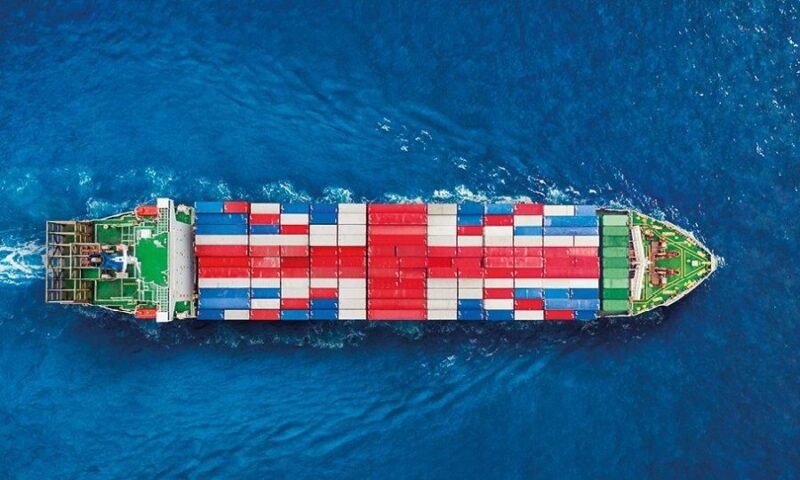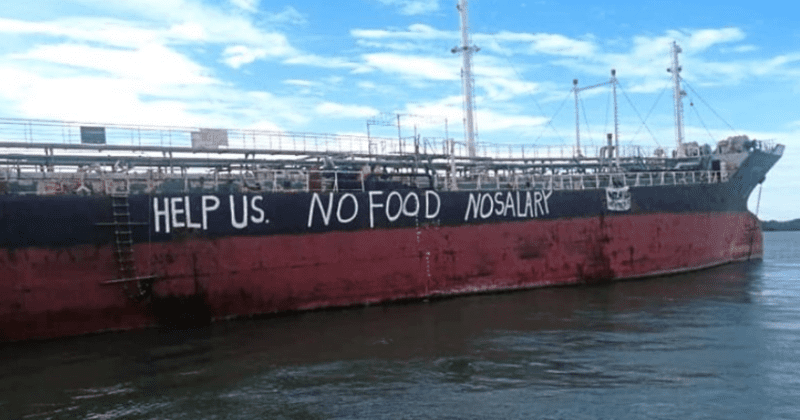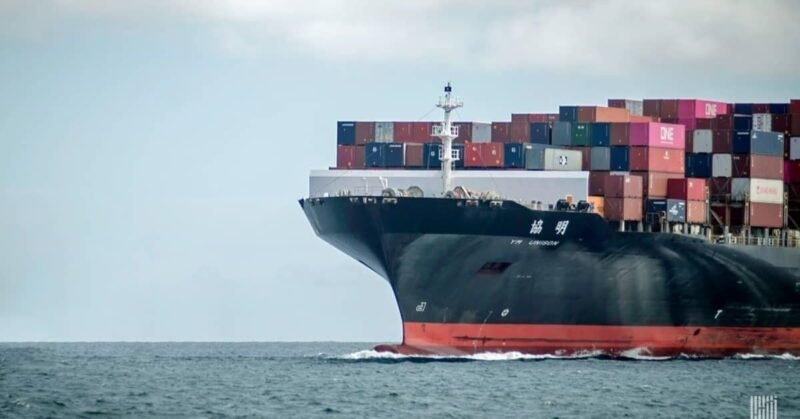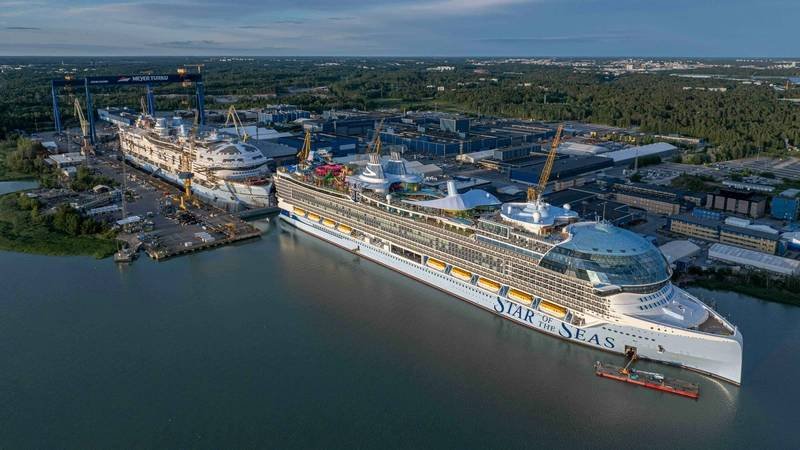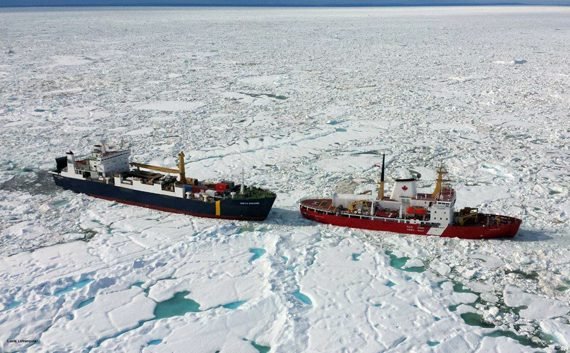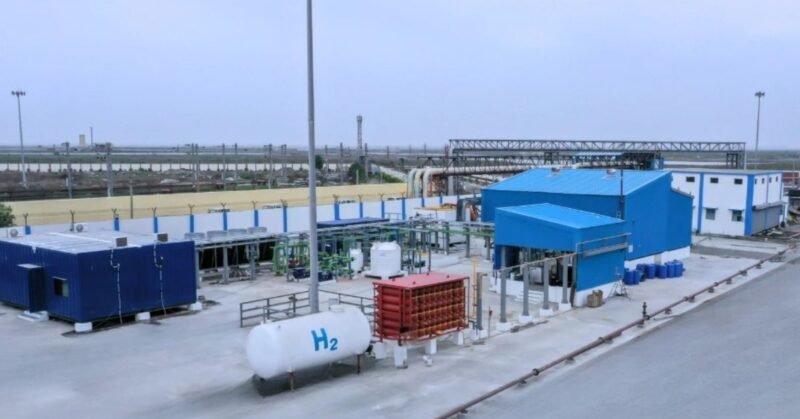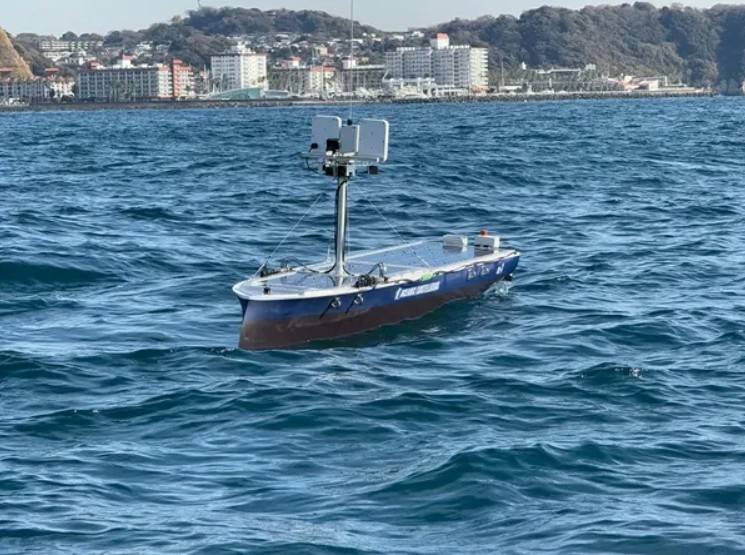A recent study by UMAS and UCL Energy Institute Shipping and Oceans Research Group highlights the challenges faced by developing countries in producing e-fuels, such as e-ammonia, for the shipping industry. The study reveals that poor access to funding and higher capital costs could nearly double the prices of e-fuels in developing nations compared to developed economies, even when they have superior renewable energy resources like onshore wind and solar.
The report, titled “The Cost of Capital Challenge in Delivering a Just and Equitable Transition for Shipping,” focuses on the costs of producing e-ammonia in countries like Australia, Brazil, India, and African nations. It compares the levelized costs of energy (LCOE) across these locations, highlighting the impact of funding constraints on renewable projects in Brazil, India, and Africa. Despite having high-quality renewable resources, projects in these countries struggle to match the cost competitiveness of projects in Australia due to higher funding costs and limited access to finance.
The study delves into the implications of changes in costs of capital and project timescales on e-ammonia production by examining project financing models. It reveals that e-ammonia projects in African countries may require offtake prices that are 80% higher than those in Australia, creating a significant barrier to achieving the International Maritime Organization’s vision of an equitable transition. Without targeted financial support mechanisms, there is a risk that e-fuel production will be concentrated in already advantaged economies, leaving developing nations with favorable renewable resources behind.
To address these challenges, the report suggests using a portion of IMO funds to provide grants and concessional finance to offset the higher financing costs in low-income countries. This approach aims to ensure that developing nations can participate in the transition to sustainable e-fuel production and benefit from their renewable energy potential.
Share it now







